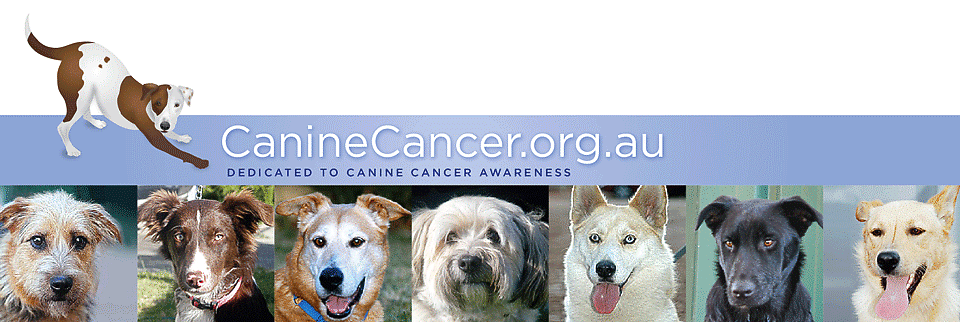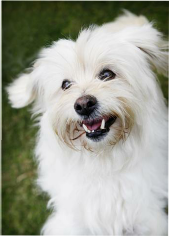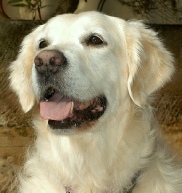
Copyright © 2013 CanineCancer.org.au All rights reserved.
Inoperable Tumors: Something to Consider
Sometimes when our dogs get cancer, they have an inoperable tumor. We do our best for them and make them as comfortable and as pain free for as long as we can. Eventually our only option is to put them to sleep. It is a traumatic time that owners will face.
Is there a positive side to this?
YES. Your beloved pet can contribute to finding a cure in the future.
Not everyone will be comfortable with the following suggestion, but if it is considered well before being faced with this decision, it will be easier to act on it.
Many people are not aware that a tumor can be removed from a dog once it has passed away. These tumors can then be used to help the researchers find answers and in the future help many more dogs. Over time, if enough tumors are collected, they can be analysed and data can be collated.
A vet can remove the tumor, and, because no anesthetic is required, the cost for its removal is often minimal. The tumor needs to be stored correctly in a special tube with preservative – the cost of these is only about AUD $10. Once the tumour is removed, your pet can be buried or cremated and you know your pet's passing has not been in vain. Unfortunately the cost factor will prohibit many people from becoming involved in this research.
Follow the link to the current list of research programs to learn more about how you can help:

How You Can Help
As owners we can help with research into cancer.
We have many researchers both here in Australia and overseas who are trying to find better treatments, the causes and cures for canine cancer. One of the difficulties they are finding is that they are not getting enough samples for the case studies they are doing. It is not because dogs are not getting cancer – sadly, it is so prolific amongst our dogs.
Often when a dog is diagnosed with cancer, you may not know the specific type of cancer your dog has. An owner may only know the reference location, for example "liver cancer" or "pancreatic cancer."
It is difficult for an owner to contribute to any research without a specific diagnosis of the type and grading of the cancer, which is only possible by pathology testing. If your dog is being treated by a Specialist Oncologist, they would have years of field experience, and the pathology facilities to give you a diagnosis of the type and grading of the cancer.
Sometimes trials take place offering free medications, which means some of the costs associated with treatment are paid for by others. On other occasions, something as simple as a cheek swab or blood test can help with research. Allowing the researchers access to a large sample of tumours once they have been removed also helps various studies. All the data that is collected is a step forward to finding better treatments and cures.
Once you have been given a confirmed diagnosis, you are then in a position to be able to help if you know where the various studies are being undertaken. This site aims to provide information on where research is being conducted.
Research



